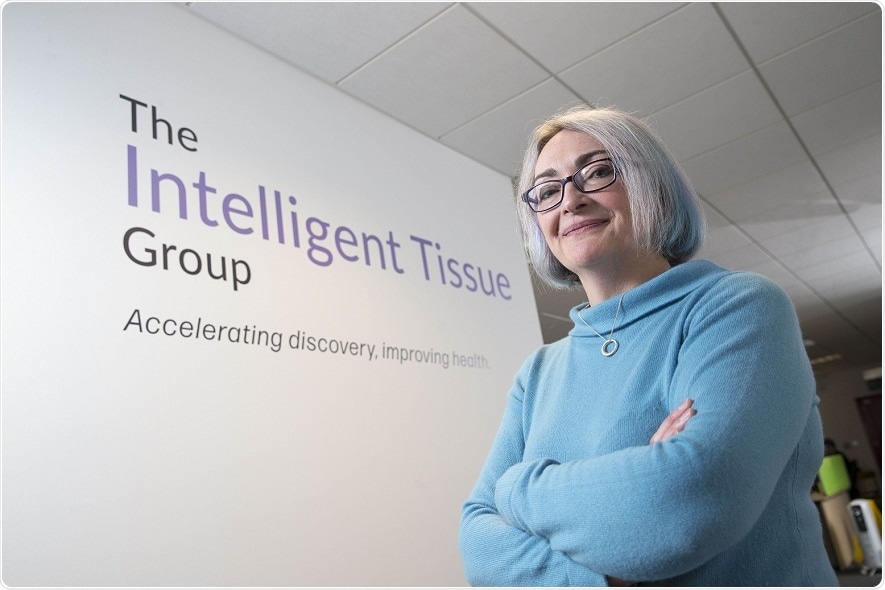A Scotland-based virtual biobank dealing in ethically sourced human tissue samples is helping to speed up the provision of COVID-19 samples for researchers and drug developers working to find a cure for the global pandemic.

Morag McFarlane, CEO at Tissue Solutions
Tissue Solutions Ltd, founded in 2007, responded to the UKCRC Tissue Directory and Coordination Centre’s (TDCC) call to action in helping to triage requests of COVID-19 tissue samples to streamline the fight against the virus.
The company, which sources and ships bespoke tissue samples worldwide from its base in Glasgow – will help ensure that there is no waste of the limited supply of COVID-19 samples, as demand continues to rise with thousands of researchers trying to increase their understanding of the virulent disease.
The company will support the TDCC in analyzing each tissue request to ensure that there is no duplication of studies and will recommend where researchers can work and share developments with each other, to promote faster findings. With their scientific insight, Tissue Solutions will also help to make sure that the limited supply of samples is shared with experienced researchers. Tissue Solutions is well placed to work with the TDCC thanks to its wealth of industry expertise and global reach.
Over the coming months, TDCC will coordinate biobanks’ access to COVID-19 samples, with Tissue Solutions making itself available for collaboration. The company’s strong ethics framework will give researchers all the necessary ethics approvals to move forward as quickly as possible. Furthermore, Tissue Solutions will manage the shipping and logistics for these biobanks.
Morag McFarlane, CEO at Tissue Solutions Ltd, said:
Scientists across the UK have lifesaving work to do as Coronavirus sweeps across nations worldwide, so COVID-19 resources must be shared effectively. This shift in operations with TDCC is playing an important role in the efforts to speed up our understanding of the disease.
We’re making sure that researchers can access the material they need. For example, if one team wants to order a blood sample, we will look into their study and make sure that they are not asking for more than necessary, so that other researchers can use the same sample, too.”
To help with the triaging process, the TDCC is calling on researchers to fill in an online form to record their requests for human tissue samples.
Phil Quinlan, Director at TDCC, said:
I am thrilled that Tissue Solutions Ltd has responded to our call to action. Their expertise in refining research requests will be incredibly valuable in maximising the use of available COVID-19 tissue samples in the UK. We look forward to developing our processes to ensure the efficient release of samples to advance COVID-19 research.”
Tissue Solutions is leading the way in disrupting the traditional method of tissue supply and storage. Every sample is sourced on demand, ensuring that each one is collected to specific requirements and delivered when fresh so that nothing is wasted.